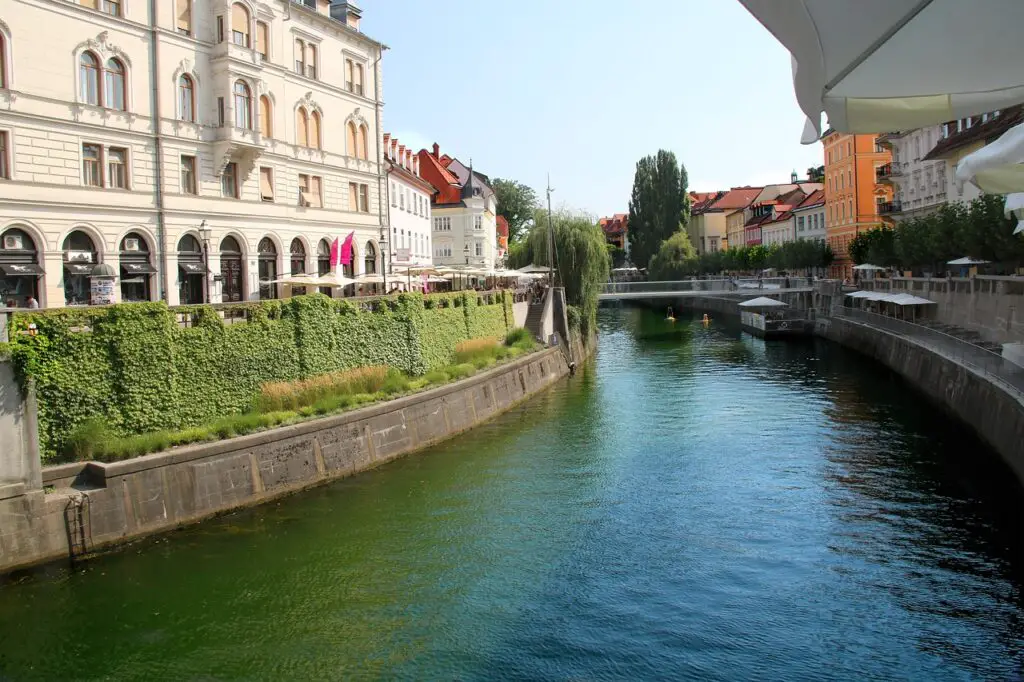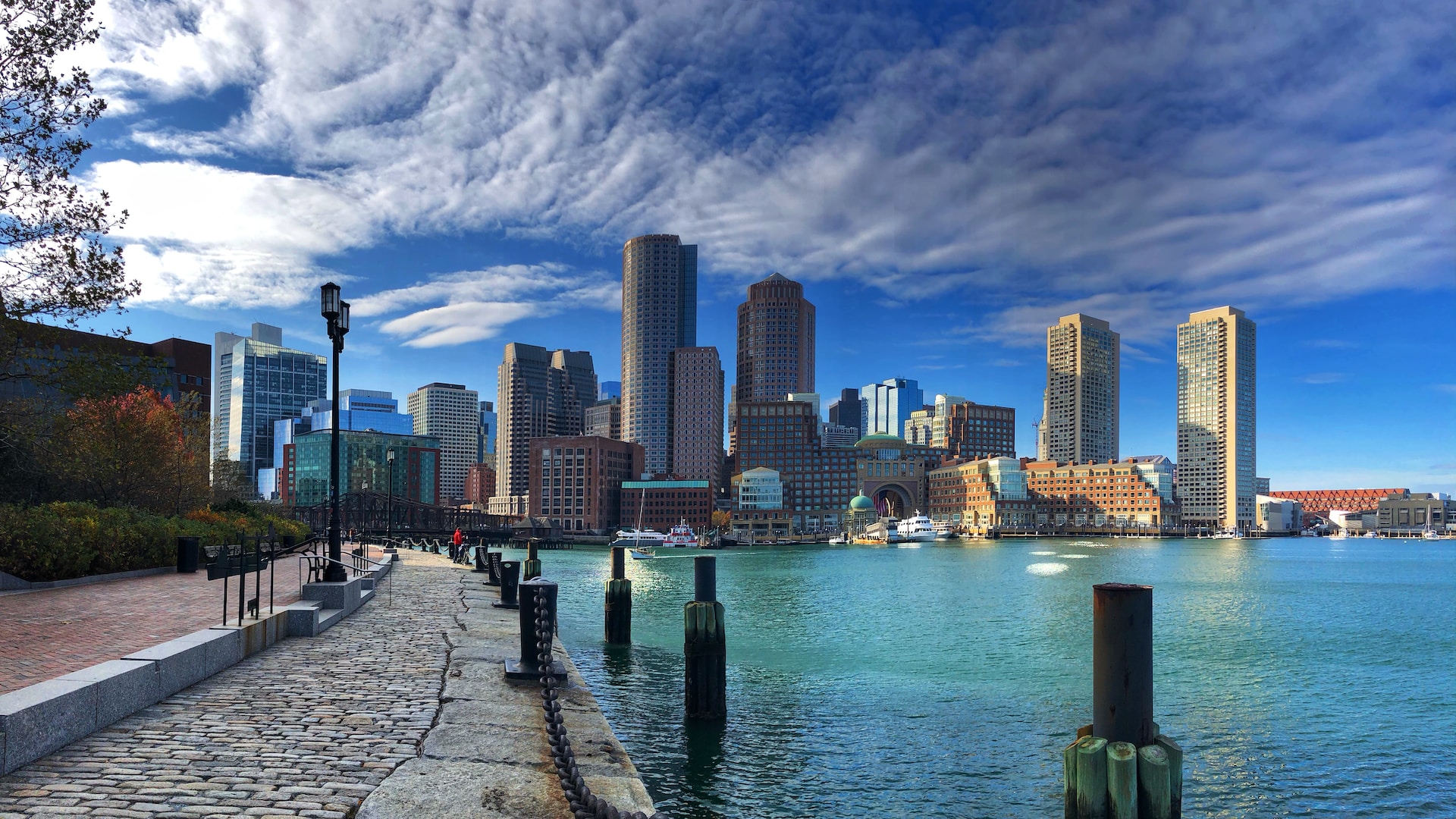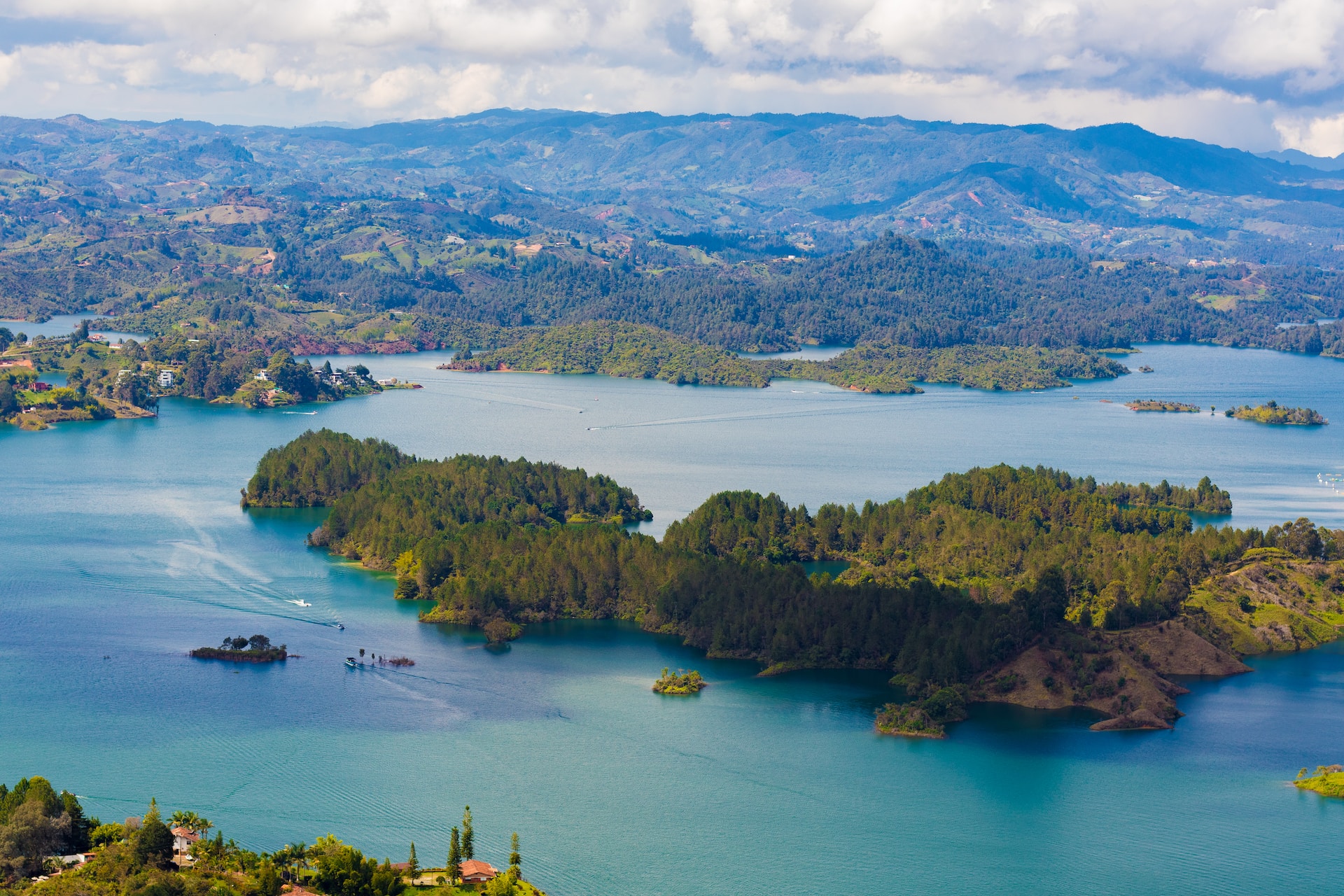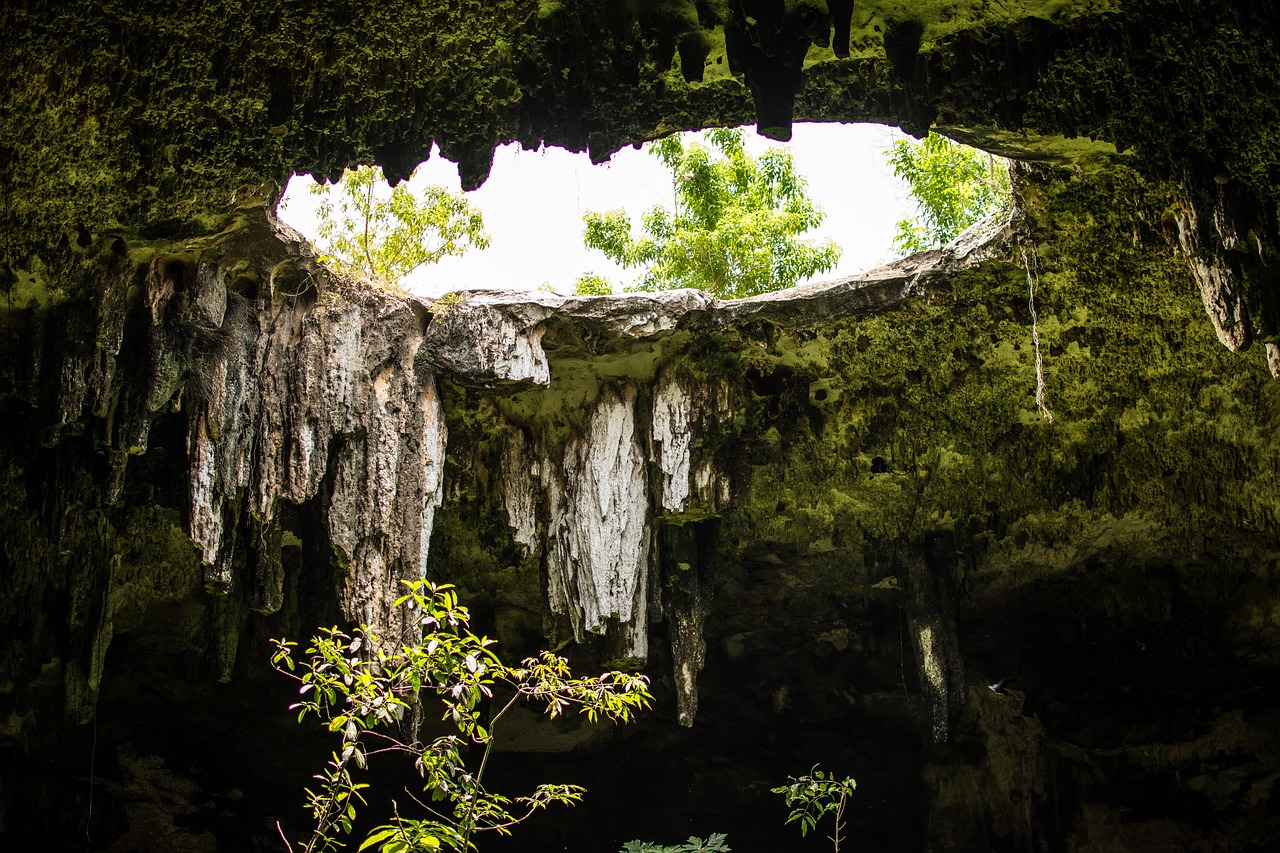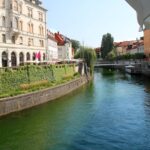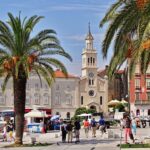Slovenia, a picturesque Central European nation nestled between the Julian Alps, the Adriatic Sea, and vibrant cultural hubs, is poised to become the latest destination to attract digital nomads with its forthcoming Digital Nomad Visa.
Scheduled to launch on November 21, 2025, this visa will allow non-EU and non-EEA remote workers to live and work legally in Slovenia for up to one year. This initiative places Slovenia among a growing list of European countries, such as Portugal, Spain, Greece, and Croatia, that are embracing the global rise of location-independent professionals. With its affordable cost of living, high-speed internet, stunning natural landscapes, and modern infrastructure, Slovenia is set to become a compelling destination for digital nomads seeking a balance between work and exploration. This article explores the details of Slovenia’s Digital Nomad Visa, its eligibility criteria, application process, benefits, and why this charming country is an ideal base for remote workers.
The Rise of Digital Nomad Visas
The concept of digital nomad visas has gained significant traction since the COVID-19 pandemic reshaped global work dynamics. With remote work becoming a permanent fixture for many professionals, countries worldwide have introduced specialized visa programs to attract location-independent workers. These visas allow digital nomads—freelancers, entrepreneurs, and remote employees—to live legally in a country while working for employers or clients based elsewhere. By 2025, over 60 countries, including more than a dozen in Europe, offer some form of digital nomad visa, recognizing the economic and cultural benefits of hosting remote workers. Slovenia’s entry into this space reflects its forward-thinking approach to boosting tourism, attracting talent, and fostering economic engagement without competing with local job markets.
Slovenia’s Digital Nomad Visa: Key Details
Launch and Duration
Slovenia’s Digital Nomad Visa is set to launch on November 21, 2025, following amendments to the Aliens Act approved by the Slovenian government in July 2024. The visa will allow eligible non-EU and non-EEA nationals to reside in Slovenia for up to 12 months. Notably, the visa is non-renewable, meaning that once the permit expires, visa holders must leave the country for at least six months before they can reapply for a new visa. This structure aligns with similar programs in other European countries, balancing the need to attract temporary residents with immigration control.
Eligibility Criteria
To qualify for Slovenia’s Digital Nomad Visa, applicants must meet specific criteria designed to ensure that they contribute to the local economy without competing with Slovenian workers. The key eligibility requirements include:
Citizenship: The visa is open to non-EU and non-EEA nationals, making it accessible to a wide range of remote workers from countries like the United States, Canada, Australia, and India.
Employment Status: Applicants must work exclusively for employers or clients based outside Slovenia. This includes:
Employees of foreign companies.
Freelancers or contractors serving foreign clients.
Self-employed individuals providing services to clients outside Slovenia.
Income Requirement: Applicants must demonstrate sufficient income to support themselves and any accompanying family members during their stay. While the exact income threshold has not been officially announced, sources estimate it to be around €3,200–€3,297 per month, approximately twice Slovenia’s average net salary. Acceptable proof of income includes recent payslips, employment or freelance contracts, or bank statements.
Additional Requirements: Applicants will likely need a valid passport, international health insurance covering their stay in Slovenia, and a clean criminal record. A rental agreement for accommodation in Slovenia may also be required.
Failure to comply with these conditions, such as working for a Slovenian-based company or earning income from local sources, may result in visa cancellation and potential restrictions on future entry into the country.
Family Inclusion
One of the appealing aspects of Slovenia’s Digital Nomad Visa is that it allows family members, such as spouses and dependent children, to join the primary visa holder. However, family members are also prohibited from working for Slovenian employers during their stay, ensuring that the visa program remains focused on remote work for foreign entities. Family members must also provide proof of sufficient funds to support themselves, aligning with the primary applicant’s income requirements.
Application Process
The application process for the Digital Nomad Visa is designed to be flexible and accessible. Applicants can submit their applications through multiple channels:
Online: An online portal is expected to be available for submitting applications, streamlining the process for remote workers worldwide.
Slovenian Consulate or Embassy: Applications can be submitted in person at a Slovenian consulate or embassy in the applicant’s home country or country of legal residence.
Local Administrative Units: For those already in Slovenia as tourists, applications can be submitted at local administrative offices, with a temporary residence certificate issued during the processing period.
The processing time is estimated to take between 30 and 60 days, and an application fee and permit issuance charge will apply, though specific costs have not yet been disclosed. Applicants should prepare documentation such as a valid passport, proof of income, health insurance, and a clean criminal record certificate.
Why Slovenia? A Digital Nomad’s Paradise
Slovenia’s appeal as a digital nomad destination lies in its unique blend of affordability, modern infrastructure, and breathtaking natural beauty. The country, roughly half the size of Switzerland, offers a diverse range of experiences, from vibrant urban hubs to serene Alpine landscapes and coastal towns. Here’s why Slovenia stands out as an ideal base for remote workers:
Affordable Cost of Living
Compared to its neighbors like Italy and Austria, Slovenia boasts a significantly lower cost of living, making it an attractive destination for digital nomads. According to Numbeo, the overall cost of living in Ljubljana, Slovenia’s capital, is approximately 47% cheaper than in New York City. Rent prices in Ljubljana are nearly 74% lower, while groceries and dining out are 50% and 46% more affordable, respectively. For example, a single person can expect to spend $100–$175 per month on groceries, with a liter of milk costing less than $1 and a dozen eggs under $2.50. Monthly rent for a one-bedroom apartment in Ljubljana ranges from $600 to $1,000, significantly less than comparable cities in Western Europe.
High-Speed Internet and Co-Working Spaces
Slovenia is well-equipped for remote work, with an average broadband speed of 121 Mbps, surpassing the requirements of most online professions. The capital, Ljubljana, is a hub for digital nomads, offering numerous co-working spaces with modern amenities. Cities like Maribor, Celje, Kranj, and Koper also provide quieter, family-friendly environments with reliable internet and growing co-working infrastructure. Many co-working spaces offer passes that grant access to multiple hubs, enhancing flexibility for nomads who prefer to explore different parts of the country.
Natural Beauty and Outdoor Activities
Slovenia’s compact size belies its stunning diversity of landscapes. The capital, Ljubljana, is known for its charming old town, vibrant café culture, and the scenic Ljubljanica River. Beyond the city, digital nomads can explore iconic destinations like Lake Bled, with its picturesque Alpine lake and medieval castle, or Triglav National Park, offering hiking, cycling, kayaking, and rafting. Slovenia’s 30-mile Adriatic coastline features historic towns like Piran and Koper, once part of the Venetian empire, and the wine region of Goriška Brda, often compared to Tuscany for its rolling vineyards. For winter enthusiasts, affordable ski resorts in the Julian Alps provide opportunities for skiing and snowboarding.
Strategic Location
Slovenia’s central location in Europe makes it an ideal base for digital nomads who wish to explore neighboring countries. Bordering Italy, Austria, Croatia, and Hungary, Slovenia allows visa holders to visit other Schengen Area countries for up to 90 days within any 180-day period. Cities like Vienna and Zagreb are just a few hours’ drive from Ljubljana, offering easy access to additional cultural and professional opportunities.
Safety and Quality of Life
Slovenia ranks 9th on the Global Peace Index, making it one of the safest countries in the world. Its clean streets, fresh cuisine, and high-quality wine contribute to an exceptional quality of life. The country’s inherent creativity is reflected in its numerous festivals dedicated to music, dance, food, and wine, providing digital nomads with ample opportunities to engage with local culture.
Comparison with Other European Digital Nomad Visas
Slovenia’s Digital Nomad Visa joins a competitive landscape of European countries offering similar programs. Countries like Portugal, Spain, Greece, Croatia, Malta, and Hungary have established digital nomad visas with varying terms. Most of these programs, like Slovenia’s, offer a one-year stay with restrictions on working for local employers. However, Slovenia’s visa stands out for its non-renewable nature, requiring a six-month gap before reapplication, unlike programs in Spain or Portugal, which may offer pathways to longer-term residency. Slovenia’s lower cost of living and central location give it an edge over more expensive destinations like Italy or Austria, while its high-speed internet and growing co-working infrastructure rival those of more established nomad hubs like Lisbon or Barcelona.
Challenges and Considerations
While Slovenia’s Digital Nomad Visa offers numerous benefits, there are some challenges to consider. The non-renewable nature of the visa may deter nomads seeking long-term residency, as they must leave the country for six months before reapplying. The income threshold, estimated at €3,200–€3,297 per month, may also be a barrier for some freelancers or early-career professionals, especially since the exact amount has not been finalized. Additionally, the prohibition on working for Slovenian clients or companies may limit opportunities for nomads who wish to engage with the local economy. Finally, while Slovenia’s infrastructure is modern, its smaller size and less developed digital nomad community compared to cities like Lisbon or Bali may require an adjustment for nomads accustomed to larger hubs.
How to Prepare for the Visa Launch
For digital nomads interested in applying for Slovenia’s Digital Nomad Visa, preparation is key. Here are some steps to take before the November 21, 2025, launch:
Gather Documentation: Start collecting proof of income, such as payslips, contracts, or bank statements, to demonstrate financial stability. Ensure your passport is valid for the duration of your stay, and obtain international health insurance.
Research Accommodation: Explore long-term rental options through local platforms like Nepremicnine.net, which often offer better deals than Airbnb. Consider cities like Ljubljana for urban vibrancy or quieter towns like Bled or Koper for a more relaxed pace.
Learn Basic Slovenian: While most Slovenians speak English, learning phrases like “hvala” (thank you) or “živjo” (hello) can enhance your experience and build rapport with locals.
Plan Your Stay: Research Slovenia’s attractions, co-working spaces, and travel links to neighboring countries to make the most of your year. Consider joining organized workations, such as those offered by Hubs Travel in Bovec, for networking opportunities.
The Future of Digital Nomadism in Slovenia
Slovenia’s Digital Nomad Visa is a strategic move to position the country as a hub for remote workers, capitalizing on its natural beauty, affordability, and modern infrastructure. By attracting digital nomads, Slovenia aims to boost long-term tourism and economic engagement while offering professionals a high-quality, affordable base in the heart of Europe. As more details about the income threshold and application process are released, the visa is likely to draw significant interest from non-EU remote workers seeking a European lifestyle without the high costs of Western Europe. With its growing network of co-working spaces, reliable internet, and vibrant cultural scene, Slovenia is poised to become a hidden gem for digital nomads in 2025 and beyond.
Conclusion
Slovenia’s Digital Nomad Visa, launching on November 21, 2025, opens the door to a unique opportunity for remote workers to experience one of Europe’s most underrated destinations. With its affordable cost of living, stunning landscapes, and strategic location, Slovenia offers a perfect blend of work and leisure for digital nomads. While challenges like the non-renewable visa and income requirements exist, the country’s safety, infrastructure, and cultural richness make it an attractive choice for those seeking a European base. As Slovenia joins the ranks of digital nomad-friendly countries, it invites remote workers to live differently, work productively, and explore fully in a nation that balances modern convenience with natural splendor.
